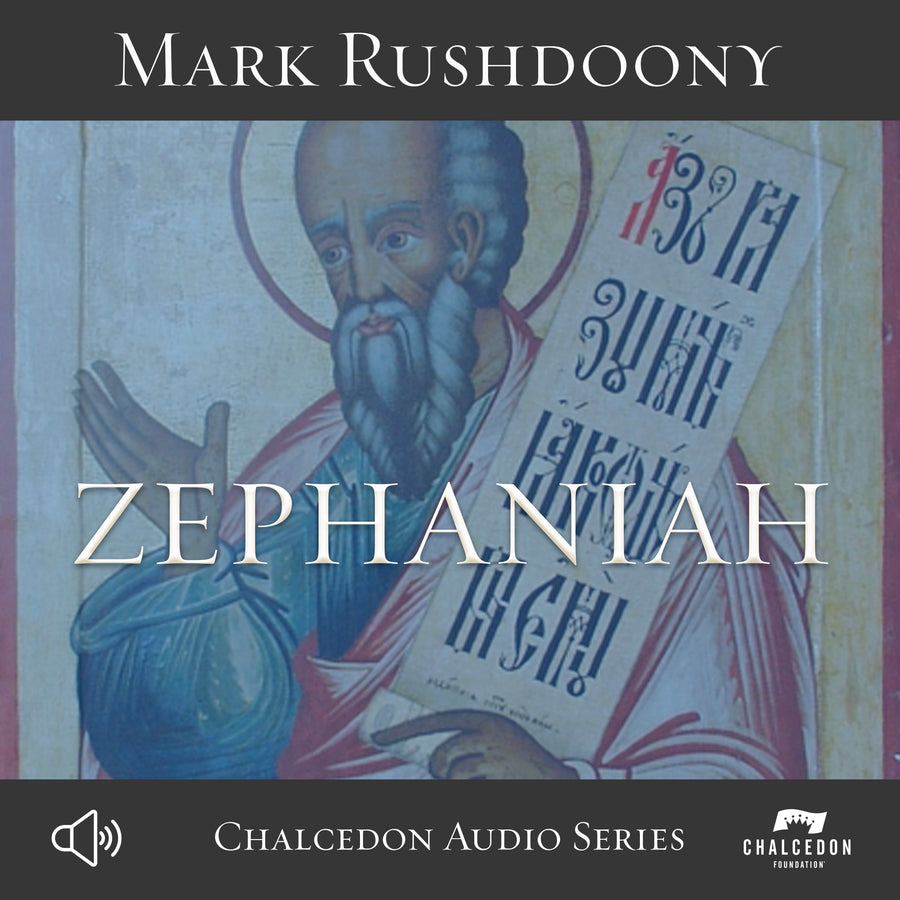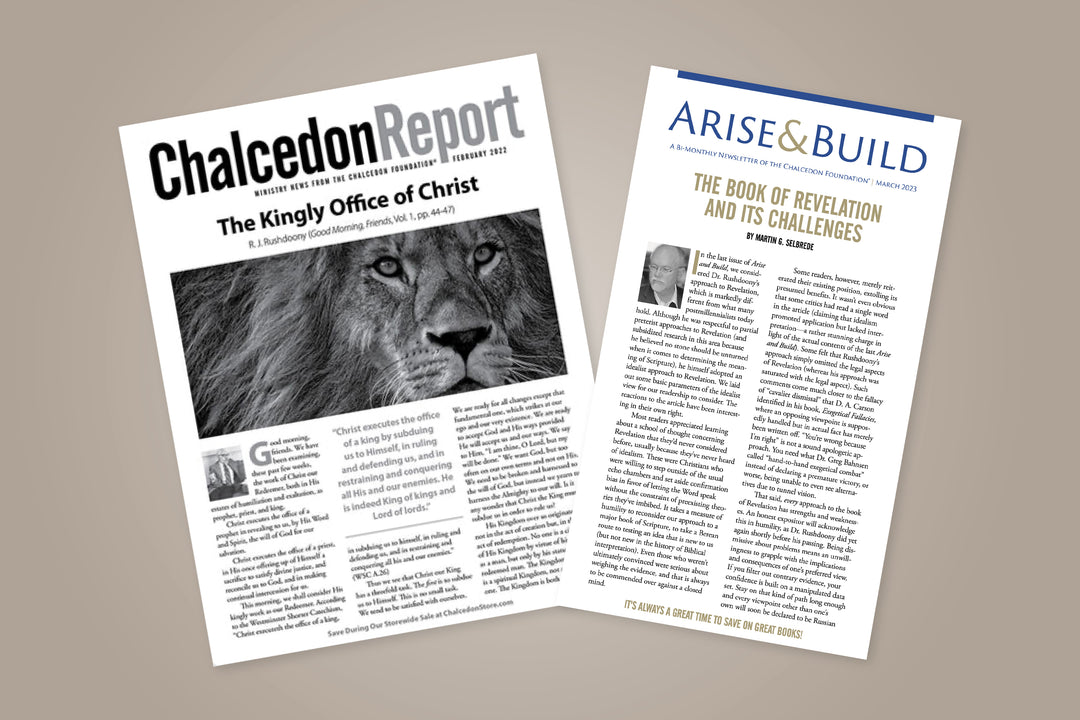The prophet Zephaniah was the great grandson of the reformer King Hezekiah, whose successors had swung to the opposite extreme of promoting idolatry. He wrote in the time of the next reformer, King Josiah, and we can speculate that he helped spur that king’s attack on idolatry. Zephaniah’s work may predate Habakkuk by a few years.
Despite Josiah’s vigorous effort, Zephaniah never mentions his attack on Baal worship or his revival of feasts and temple worship. Perhaps the prophet saw that Josiah’s reforms were outward, but never turned the people back to Jehovah. Therefore, the prophet speaks of judgment at the hands of the Chaldeans. It would not just be hard times or defeat, but a destruction so total it is compared to a flood. We know, in fact, that from a population of over 2,000,000 in the days of Joshua, just 50,000 returned from the Babylonian captivity. The people are condemned as idolaters, and syncretists. Jerusalem is described as filthy, polluted, its rulers as abusive, and its judges as wolves. Its false prophets (which proliferated and countered the true prophets with reassuring words) are characterized as light and treacherous. The priests are said to defile the sanctuary by their actions.
Zephaniah speaks, as do other prophets of “the day of the Lord.” This is an eschatological term, one that refers to an end, but the prophet was not speaking of the end of the world but the end of Jerusalem and the nation. The day of the Lord refers to any time of judgment by God, when His longsuffering gives way to His judgment and the exhortations of the prophets are replaced by announcements of doom. This later message was given to Zephaniah. What the people say as political upheaval, and the course of empires beyond their control, Zephaniah saw as God’s work through human agents. The Chaldean armies of Nebuchadnezzar were the immediate agents of judgment, but Zephaniah quotes God as saying “I will…” repeatedly (1:2-4).
Though judgment is decreed as certain, Zephaniah does speak of a future growth of righteousness in sweeping terms. God will be worshipped by “all the isles of the heathen” (2:11), and people will come from “beyond the rivers of Ethiopia” (3:10) to bring God offerings.
Apostasy such as what was pervasive at this point in Judah’s history (and today in the once-Christian West) had fed off a mindset that thought God was inactive and would not intervene in history. To this false thinking Zephaniah declared that “the just Lord is in the midst,” (3:5) a reminder we moderns must take to heart.








